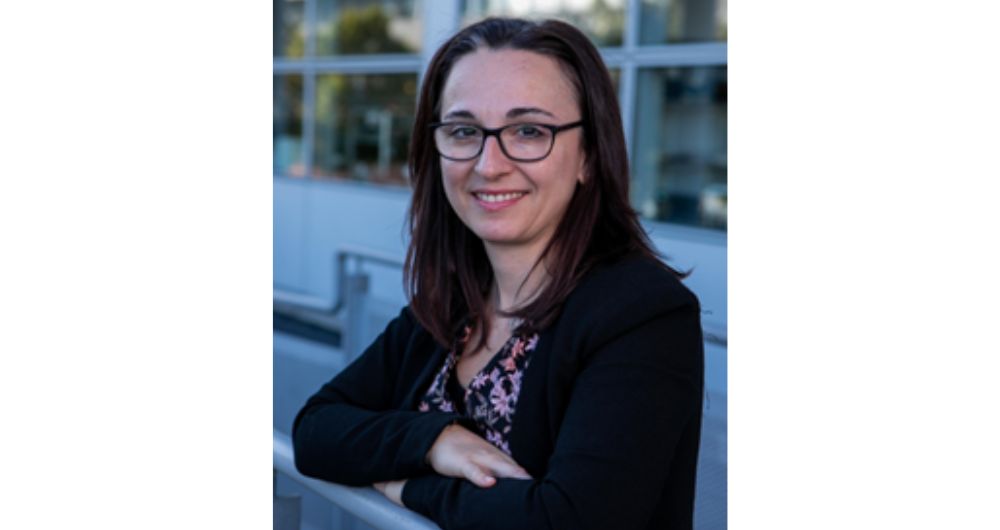
Dr. Alessandra Mileo is currently Assistant Professor in the School of Computing, Chair of the BSc in Data Analytics and Fellow of the Higher Education Association. She is a Funded Investigator at the Insight SFI Research Centre for Data Analytics, and a Funded Investigator at the I-Form Advanced Manufacturing Centre, Dublin City University. Dr. Mileo holds a PhD in Computer Science from the University of Milan, Italy.
Dr. Mileo’s expertise includes Knowledge Representation and Reasoning, Semantic Technologies, Cyber-Physical systems, Internet of Things, Stream Reasoning and Neuro Symbolic Computing. Her most recent research interest is in Explainable Artificial Intelligence and how to make AI more “human” by developing approaches that combine cognitive and neural abilities to learning and reasoning.
Her research is internationally recognised and she has secured almost 1 million euros in funding including national (SFI, IRC), international (EU, NSF) and industry-funded projects, publishing 90+ papers often in high impact journals and conferences and she is an active PC member of over 20 top-ranked conferences and high-impact journals in her areas of interests within Artificial Intelligence.
What inspired you to pursue a career in research, and how did you get started in your field?
As a kid I was always quite curious. I had loads of questions all the time about everything, and I was really a geek going to school and doing things properly, especially STEM subjects. So I figured if I kept studying I would get more answers to more questions and I kept going (although many times I got more questions than answers, and this was occasionally frustrating!). I finished university and the idea of a PhD really intrigued me as I could keep doing what I liked, posing the questions I found interesting and doing it as a job was the perfect fit afterwards, so I set my mind on the fact that I wanted my job to be in Research.
As for the subject, AI was love at first sight since before graduation. What could have more unanswered and controversial aspects than that? The idea of creating machines that could artificially simulate the marvellous thinking and problem solving abilities of humans was captivating (and sounded a bit like magic, mind this was the mid 90s!)
How do you think the research community can support and encourage more women to pursue careers in science and technology?
I think having a wide variety of new role models available is key. But for a woman it is hard to balance other life choices with a full-speed career and so there is a lot of variety in the timeline: women that focus on their career first, family later, those who juggle it all and eventually get to the same goal just a bit later, others who start a family really young and pause everything and then get back to it, … Making sure these alternatives are available and known will avoid the conflict that some women feel when they think they have to do it one way or not at all. Women research networks and promotion of diversity and fairness are important tools to understand that there is a wide variety of skills, as well as life experiences and personal qualities that could indicate STEM is the right path for women.
What advice would you give to other women who are just starting out in research?
Plan. Plan well. Plan alternatives and back-up options. Set a goal but be ready to adapt as life and circumstances change and you might get frustrated if you are not ready for this. Grab opportunities wisely (but not all of them).